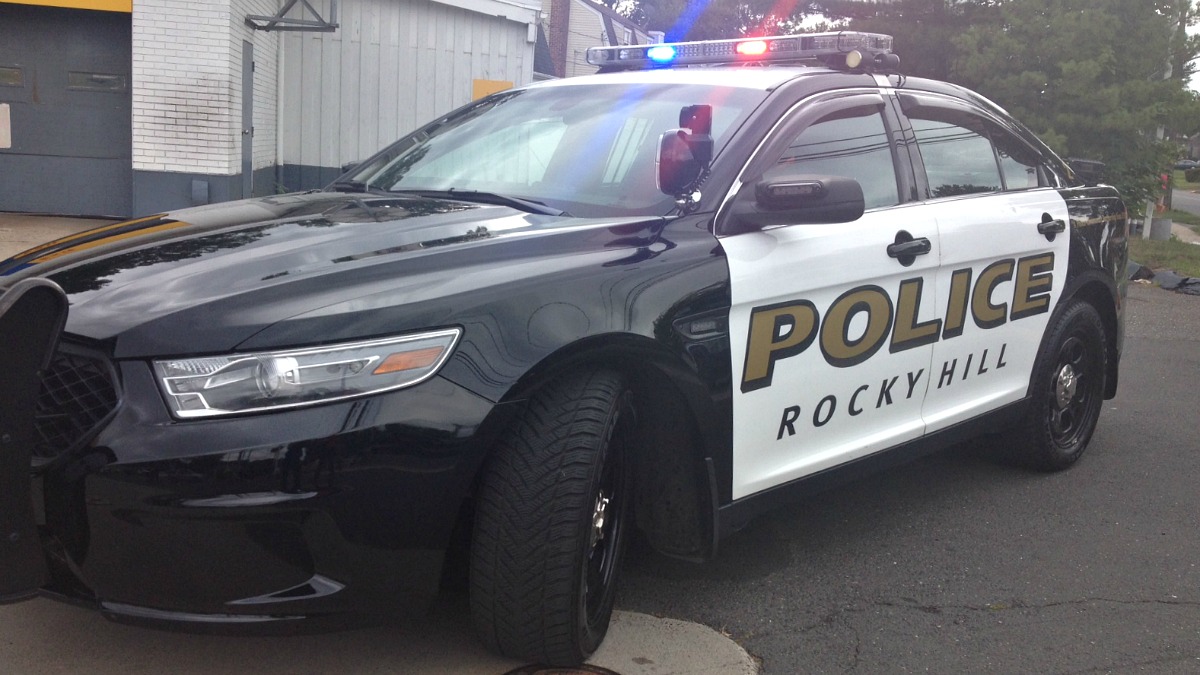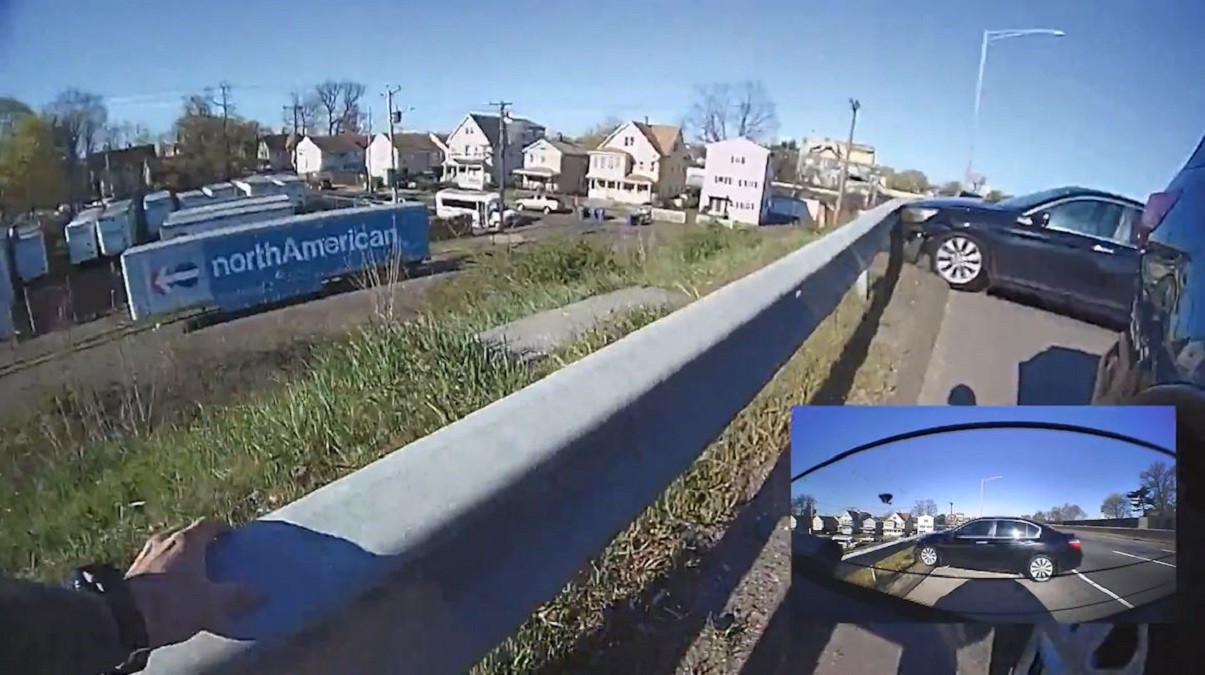House Republican Leader Themis Klarides said Gov. Dannel Malloy's comments Wednesday about the opposition to his "Second Chance Society" proposal aimed to reduce penalties for minor drug offenses amounted to "name calling."
The comment in question came during a press event touting why the reforms were necessary, especially considering the likelihood of stiffer penalties in the event of a drug possession charge in a school zone.
When illustrating his point that more minorities live in urban and densely populated areas, Malloy told reporters, "To treat those folks different because they live in those communities is patently unfair and if not racist in intent is racist in its outcome."
Klarides, a Republican from Derby, along with other members of the GOP, put a halt to the discussion of bills in the Connecticut House when she was informed of the comments, and many members later walked out.
She interpreted the comment as being a jab at GOP members who voiced criticism of the governor's plan, many of whom live in suburban areas with few minorities or instances of drug-related crime.
Malloy wasn't available Thursday to discuss his remarks.
Klarides stands by what she said. She added that she thinks Malloy's comments are meant to garner national attention, which she said doesn't help the General Assembly conduct business.
Local
"If he is interested in running for something nationally, then all the best of luck to him, but if he is not interested in the job he was elected to do then he should consider where he wants to go," she said.
Democratic leaders in the Connecticut House joined with Klarides to say the comments from the governor were not constructive toward the Democratic process.
"I think the governor raising the issue of race is important but the way it came across in his speaking was more along the lines of racism so it made it difficult," said House Majority Leader Joe Aresimowicz, a Democratic from Berlin.
He added that there is some merit to the spirit of the governor's comments.
"Look, nobody should be selling drugs. There should be consequences to that but given where they live it really has an effect on the term of their sentence," Aresimowicz said.
Malloy's proposal would remove mandatory minimum sentences for minor drug possession. For a minor possession, a prosecutor could pursue no more than a one-year maximum prison stay. In school zones, possession of a drug by a non-student would carry a three-year maximum sentence without a minimum.
Part of his argument is that – in major cities with dense populations and crowded neighborhoods such as Hartford Bridgeport, and New Haven – a minor drug possession almost certainly includes the more serious charge of being in a school zone, which he says is unfair to many minorities who live in those cities.
The governor has not proposed removing mandatory minimums for charges relating to intent to sell.
Luke Bronin, a candidate for Hartford mayor and former legal adviser to Malloy, wrote the Second Chance Society legislation. He says conversations about race are critical to getting at the heart of the matter of mass incarceration of young people in Connecticut.
"I think the important thing to acknowledge is that there is a disparate impact based on geography and because of the way our state is built, that often means a disparate impact based on race," Bronin said. "The drug sentences in our cities have had a disparate impact on people of color and we should have an honest conversation about that."
Rep. Edwin Vargas, a Democrat from Hartford who is a member of the Black and Latino Caucus, said race is worth discussing but it shouldn't dominate conversation about the Second Chance Society proposal. He conceded that the idea of second chances does take on an urban-versus-suburban tone.
"I believe that some people in some towns represent different constituencies, will tell you that this is not as big an issue, but to bigger cities like the city of Hartford, it is an issue," Vargas said.



